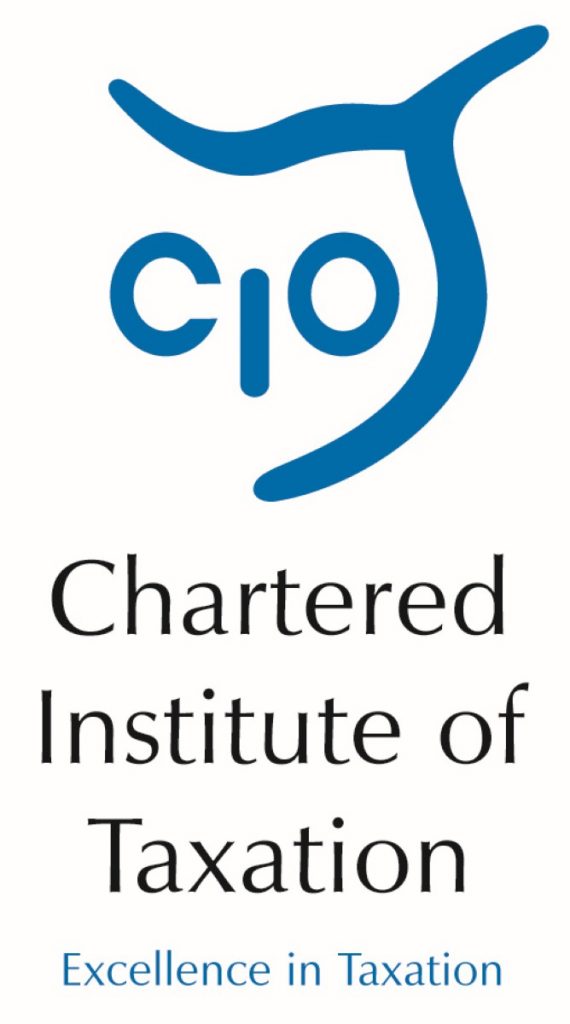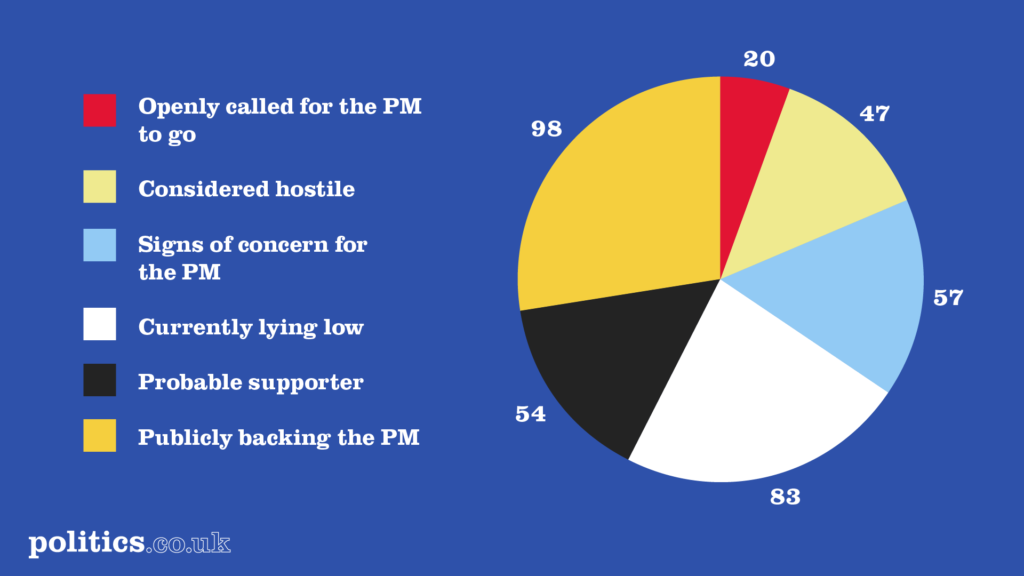The concessionary bus pass scheme
Since 2001, the English National Concessionary Travel Scheme has granted bus concessions to older or disabled members of society. The scheme initially offered a minimum half-fare concession which was limited to the recipient’s local area.
This was increased to a full fare (free) concession in 2006.
In 2008, the concession was extended further to cover local bus use anywhere in England, between the hours of 9:30am and 11:30pm.
The national scheme works in conjunction with local-level travel concession authorities. These authorities are required to reimburse bus operators for all concessionary travel that starts within their boundaries, regardless of whether the passenger is local to this area.



There have been suggestions recently that wealthier pensioners should not retain access to a concessionary bus pass.
Certain local authorities currently offer additional concessions alongside the core statutory provisions, such as free or reduced journeys outside the standardised timeframe, for expanded groups of people, or on other modes of transport.
In London, the national concession applies to all off-peak journeys on the London Transport Network, including trams and the underground.
Eligibility criteria
Until 2010, concessions in relation to the older person’s bus pass were available to everyone above the age of 60. Since April 2010, the eligibility age in England has corresponded to the state pension age for women, regardless of the person’s sex. A man’s eligibility age would be the state pension age of a woman born on the same day.
Bus passengers in Scotland, Wales and Northern Ireland are all eligible for bus concessions at the age of 60.
The eligibility criteria for disabled people are set out in guidelines published by the Department for Transport. In terms of a disabled person’s bus pass, these criteria cover those who are blind or partially sighted, deaf or unable to speak, those whose disability prevents them walking notable distances, those with a severe disability, and those who have been refused a driving licence because of health issues (excluding problems with drugs or alcohol).
English bus passes for seniors display a blue strip on edge of the card. Passes for disabled people (accessibility passes) are distinguishable by their orange strip.
The arguments in favour of a concessionary bus pass
The free bus use scheme was established to support the most vulnerable members of society, improving their access to key services and increasing participation in activities that would might otherwise have been unviable.
Concessions are said to allow those in the targeted groups fuller and more reliable access to bus travel, which drives their socio-economic contributions to key areas of society. Indeed, preserving transport links with local services increases the ease with which older or disabled people spend and consume.
In 2016, Age UK wrote that, among old people, concessionary bus passes are mainly used for shopping, with between 35-40% of journeys undertaken for social purposes.
It is also noted how older members of society also play key roles in several sectors such as volunteer work and childcare. It is argued that with pensioners largely dependent on limited and fixed pension income, the ability of many pensioners to be able to undertake these activities would be limited without affordable public transport.
Arguments against free bus travel for pensioners
From the 2010s, the right to free travel on a bus service for older people in particular has come under increasing criticism, both for targeting too wide an audience, and for being difficult to administer in certain regions.
Since free bus travel has been permitted anywhere in England, local authorities in small seaside destinations have complained that busses are inundated with tourist pensioners during peak holiday seasons, leaving limited space for local residents.
Given the high costs of upholding the scheme, it has been suggested that only those in need should benefit from concessionary bus passes. When it was first introduced, the notion of a free bus pass for all those above a certain age seemed like a progressive development for the welfare state.
However, as time has developed many of those eligible for the passes have been proven to have no issues regarding access to transport. A large proportion still have access to cars and are perfectly fit to drive.
Meanwhile, it is argued many other members of society who are not eligible for the scheme would benefit greatly by some form of concession; notably, young people, those living on state benefits, and those whose work requires regular travel. It is thus argued that the current scheme – funded by the taxpayer -would benefit from an overhaul in terms of who it is targeting.
Generational arguments and the free bus pass
In 2018, the then Labour Party leader Jeremy Corbyn advanced the proposal of free bus passes for under-25s. Justifying this initiative, Labour claimed “the move could benefit up to 13 million young people”, helping them save up to £1,000 a year. This was described as an ‘intergenerational shift’ against the trend of investing in those above state pension age, while neglecting the younger generation.
The following year, the House of Lords Committee on Intergenerational Fairness called on the government to end the ‘Triple Lock’ guarantee which ensures that the state pension rises by at least 2.5% every year. These proposals were accompanied by the recommendation that free bus passes should only be granted five years after a person reaches state pension age.
The Committee held that savings in this area would be better spent on improving the lives of young people, and should subsequently be used to fund accessible education and affordable accommodation.
Quotes
“Buses help connect people, homes and businesses and nearly 10 million people in this country are already benefitting from free off-peak bus travel”. Nusrat Ghani, Buses Minister, 2018
“Blind and partially sighted people rely on bus services to get to work, visit friends and family, and be part of the community. Buses are a vital lifeline bringing independence to many people with sight loss.”, Francesca Di Giorgio, Inclusion Policy Manager at RNIB (Royal National Institute of Blind People), 2018:
“We know that having a spinal cord injury, like any disability, attracts significant additional costs – and this initiative helps people financially and to lead active, engaged and fulfilled lives.”, Dave Bracher, Campaigns Manager, Spinal Injuries Association, 2018:
Statistics
In addition to the bus pass scheme, the government provides £250 million every year for bus services in England, £40 million of which helps to fund routes that may not be commercially viable but which are considered socially necessary. [Source: Gov.uk]
Every pound spent on concessionary bus travel for older people generates more than £2.87 of benefits for society and the wider economy, according to new research by consultants at accountancy firm KPMG. The same report found that scrapping free bus passes could cost the UK economy more than £1.7bn a year due to the probable decline in volunteering and poorer health among older people.
According to Passenger Focus research, some 95% of passengers believe older and disabled people should be entitled to a free bus pass.



















